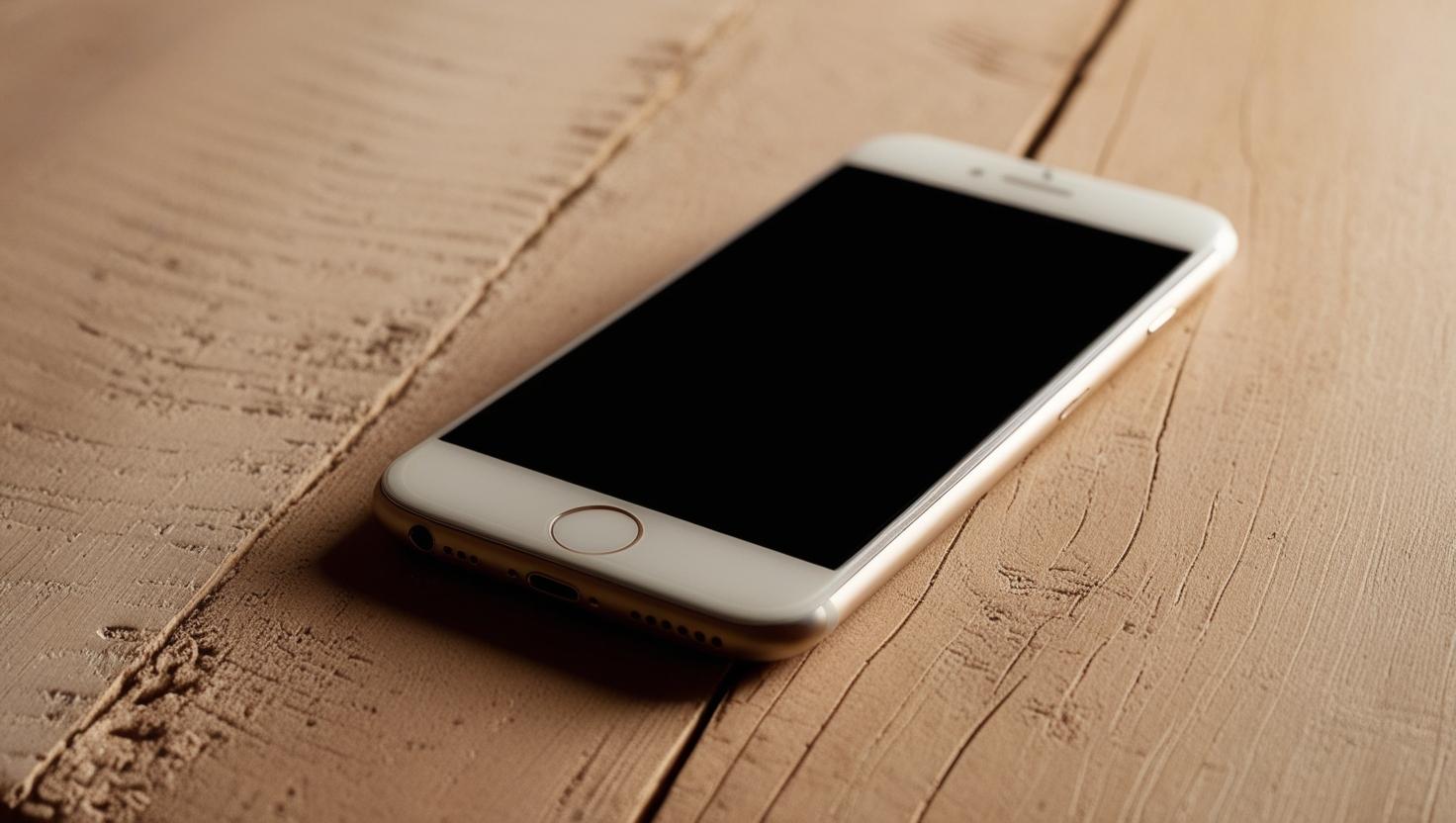
Small Tip, Big Impact: Rethinking Your Morning Routine
What’s the first thing you do in the morning? For many people, it’s reaching over to grab their phone—often before even getting out of bed. Instantly, we begin scrolling through notifications, emails, and social media comments.

The issue with this habit lies in the brain’s state upon waking. During the early moments of the morning, our brain operates in a theta-to-beta wave transition, a highly impressionable phase. The same applies when we’re preparing for sleep. Whatever we consume in these states sets the tone for how our mind will function throughout the day.
When your first input of the day is other people’s messages, opinions, or updates, you’re allowing external sources to program your mindset. You’re not in control—your brain is being influenced by content you didn’t choose with intention.
This passive start can negatively impact mental health. What does support mental well-being is beginning your day with peace, presence, and positivity.
If you use your phone as an alarm (as I do), try turning off the alarm and setting the phone aside. There’s rarely an emergency so urgent that it can’t wait a few moments. Give yourself space to ease into the day.

Step outside and listen to the sounds of nature. Or stay in and enjoy a cup of coffee, tea, or whatever brings you comfort. Use these first quiet moments to breathe, reflect, and set a positive tone.
If possible, consider replacing your phone alarm with a device that uses gentle sounds—like nature or soft music—to wake you calmly. This simple switch can help you start your day in a way that supports mental clarity and emotional resilience.
A small, intentional shift in how you begin each day can have a profound impact—not just tomorrow, but for every day that follows.
Wishing you all calm, centered and peaceful mornings.
-Julie "Brain Lady" Anderson
